Tag: Civil Rights & Liberties
-

A Metacriticism of the U.S. Drone Program
“Before we can talk about what is ‘effective’ we have to talk about what the goal is of using military force at all. Is it to make Americans safer? Is it to keep Afghanis, Pakistanis or Yemenis safe? What’s the goal? The question of being ‘effective’ – if you’re asking do drones work to kill…
-

Implications of America’s Evitable Decline
Generally speaking, change is inevitable—however, most specific transformations are not. Virtually any prediction can be defied; in fact, most are. That people are pretty terrible at forecasting in most (especially sociological) domains does not inhibit many from making grandiose claims about the “inevitability” of American decadence—often relying upon ill-formed analogies with empires past. If only…
-
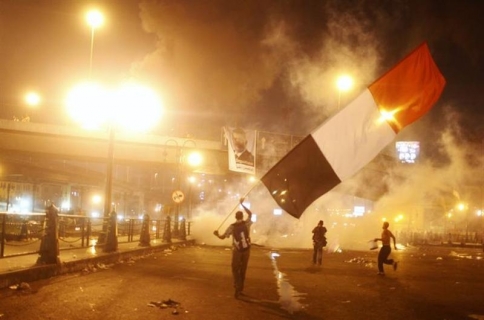
An Archaeology of the Crisis in Egypt
A week after carrying out his ultimatum to depose President Mursi, General al-Sisi delivered a new 48-hour ultimatum to those alienated by his actions to end their protests against the military coup. Even as the general demanded that the protesters end their demonstrations, he called upon his own supporters to take to the streets nationwide…
-
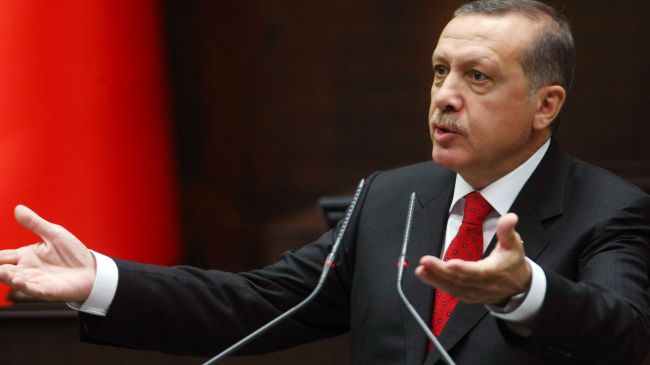
Rejoinder to “A Tyranny of the Half? Protests, Democracy, and the Ethos of Pluralism in Turkey”
When people read analyses, they typically interpret them in terms of popular narrative frameworks which are currently in circulation. This heuristic is usually reliable—most analyses explicitly draw from these competing interpretations; accordingly, reading things in this fashion allows one to much more quickly understand what is being said in the analysis and why it matters. However,…
-

The Semantics of Revolution
Many in media and academic circles seem to pride themselves on having advanced beyond the “Clash of Civilizations” rhetoric that defined the aftermath of September 11th (2001). However, upon analysis is clear that the primary development has been the transformation of these frameworks into euphemistic forms: consider, for instance, the supposed conflict between the liberals…
-
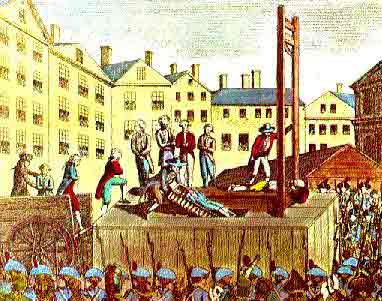
Irreligious Fundamentalism
Fundamentalism is not exclusively, or even primarily, a religious phenomenon. The classical conception of liberalism includes, among other things, a commitment to free markets, universal law, democracy, pluralism, and secularism. While often held to be universal values, these ideologies are not intrinsically compatible or necessarily intertwined—in fact, these ideas were not even historically compatible. In…
-
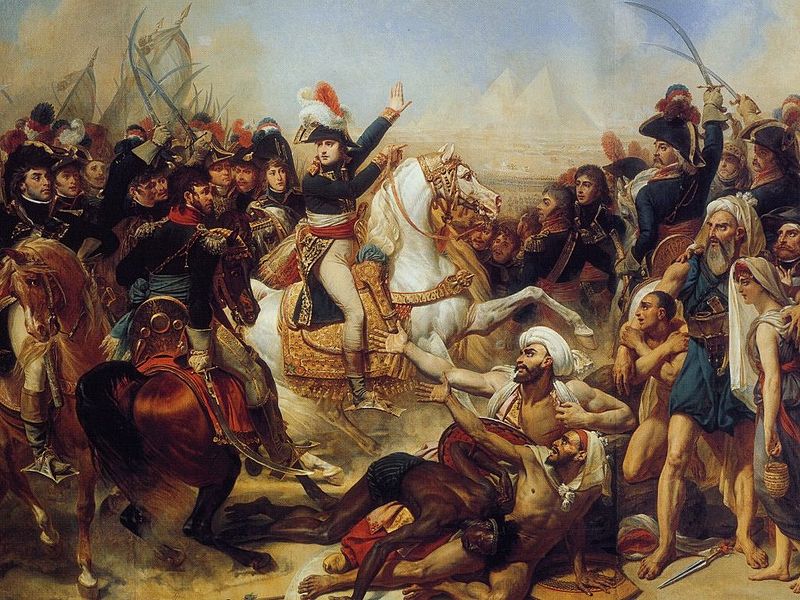
Ideological Pluralism v. Legal Pluralism
In the wake of Egypt’s historic democratic elections, Islamist candidates won nearly three-quarters of the seats in parliament. A Muslim Brotherhood candidate, Muhammad Mursi, would go on to win Egypt’s inaugural presidential elections. Recently, voters ratified a new Egyptian constitution which is perceived to grant Islamic institutions (such as al-Azhar) significant influence over the government.…
-

The Arab Spring’s Third Wave
Insofar as it is helpful or accurate to understand the “Arab Spring” as a meta-movement which began with the December 17, 2010 self-immolation of Mohammad Bouazizi, we can break it into a few significant “waves.” The first wave of revolutions in Tunisia and Egypt were quick, peaceful and orderly, relative to the second wave with…
-

Resist Overly-Simple Narratives About Syria, Asad
While one would never know it from the news, the reform process in Syria is actually going smoother than it is in Egypt. If this might sound crazy to the everyday headline reader, think of it this way: Syria has a popularly approved new constitution, a democratically elected parliament that the state actually recognizes and…
-
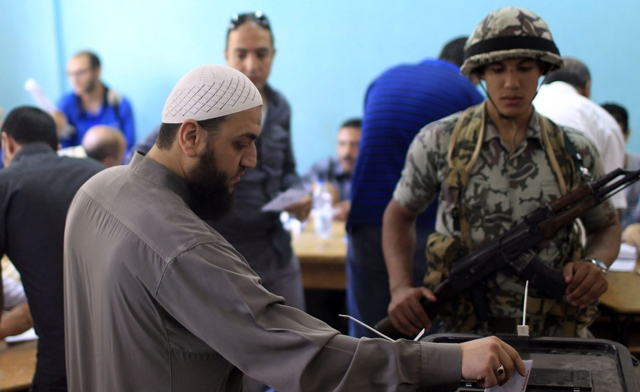
Will Egypt Vote to Re-Install the Regime It Just Overthrew?
On 6/14/2012, just days before Egypt’s runoff presidential election, Egypt’s High Court announced the dissolution of Parliament. Rather than the (elected) Parliament appointing representatives to draft a constitution, the entire process will be overseen by the Supreme Council of Armed Forces (SCAF). We can rest assured that this constitution will ensure the Army a prominent…